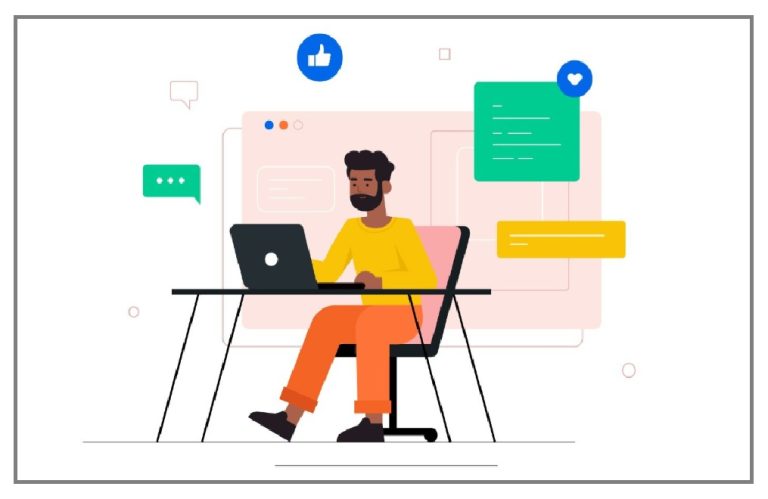
The legal industry is entering a new era of innovation with the integration of artificial intelligence. Law firms are leveraging advanced AI technology to enhance efficiency, reduce costs, and improve client experiences. Among these technologies, AI-powered chatbots have emerged as powerful tools for transforming legal intake processes. These virtual assistants can handle a myriad of tasks with speed and precision, providing immediate responses to client inquiries and streamlining the initial stages of legal consultation.
The transformation brought about by legal intake AI chatbots in the legal industry showcases a broader trend of adopting smart technology. The ability to process large volumes of inquiries without error or fatigue is merely one aspect of how AI is changing the landscape. Moreover, these chatbots are continually learning and evolving, adapting their responses based on new data, making them an invaluable asset in managing client intake efficiently.
Revolutionizing Legal Services With AI: The Rise of Chatbots
The legal field is traditionally seen as conservative and resistant to change, but AI chatbots are proving to be game changers. They’ve entered the legal sphere as an innovation that caters to the current demand for immediacy and accessibility. With the rise of chatbot technology, law firms are now able to offer 24/7 support, ensuring that they don’t miss out on any potential clients due to timing or availability constraints. This round-the-clock service can significantly enhance a firm’s market competitiveness.
AI chatbots are not only changing the way firms engage with potential clients but also the efficiency of internal processes. By automating routine tasks such as data collection and appointment setting, chatbots are streamlining the workflow within law practices. This allows attorneys and support staff to allocate more time to substantive legal work, which can lead to better legal outcomes and increased job satisfaction for legal professionals.
The implications of AI chatbots extend beyond mere convenience; they also involve deep learning capabilities. As these systems interact with clients and internal staff, they gather valuable data on common legal issues and frequently asked questions. This data can then inform future legal services and strategies, making the chatbot a powerful tool for business intelligence and decision-making.
However, as the technology behind AI chatbots becomes more sophisticated, law firms must remain vigilant in overseeing these systems. Ensuring the accuracy of legal information provided by chatbots and maintaining an appropriate level of human oversight is crucial. Firms must balance the benefits of efficiency and innovation with the need for professional responsibility and personalized client care.
Enhancing Client Intake Efficiency Through AI Chatbots
Managing client intake is one of the toughest tasks for law firms. AI chatbots help by offering instant responses to initial queries and qualifying leads, cutting the time lawyers spend on consultations that may not convert.
They also sync with calendaring systems to book consultations automatically, giving clients quick access while ensuring firms capture every lead.
Multilingual chatbots break down language barriers, making firms more accessible to diverse markets. As they learn from interactions, they improve at international intake. By handling routine inquiries, chatbots free support staff for higher-value work, boosting efficiency and lowering costs over time.
Navigating Ethical Considerations: AI Chatbots in the Legal Industry
The use of AI chatbots in the legal sector raises ethical concerns. Law firms are responsible for maintaining client confidentiality by ensuring AI systems are secure and compliant with professional standards. Lawyers must scrutinize the technology they use to prevent breaches that could expose sensitive information.
Another concern is how far chatbots should go in offering legal advice. The unauthorized practice of law is a serious issue, so firms must define the chatbot’s role as providing only general information. Clear disclaimers and a defined scope of service help prevent client misunderstandings.
Data handling adds further challenges, as chatbots collect and store personal information. Firms must follow privacy laws, using encryption, secure databases, and strict access controls to protect client data.
AI systems can also perpetuate bias if not supervised. Attorneys must oversee chatbot operations, update them regularly and ensure they provide fair, non-discriminatory services. Sound ethical practices are essential as law firms adopt these technologies.
The integration of AI chatbots into law firms represents a forward-thinking approach that offers a host of benefits, from improved efficiency and client satisfaction to enhanced competitive edge and operational excellence. By harnessing the power of AI, law firms can not only transform their client intake processes but also pave the way for a more dynamic, responsive, and successful legal practice.


